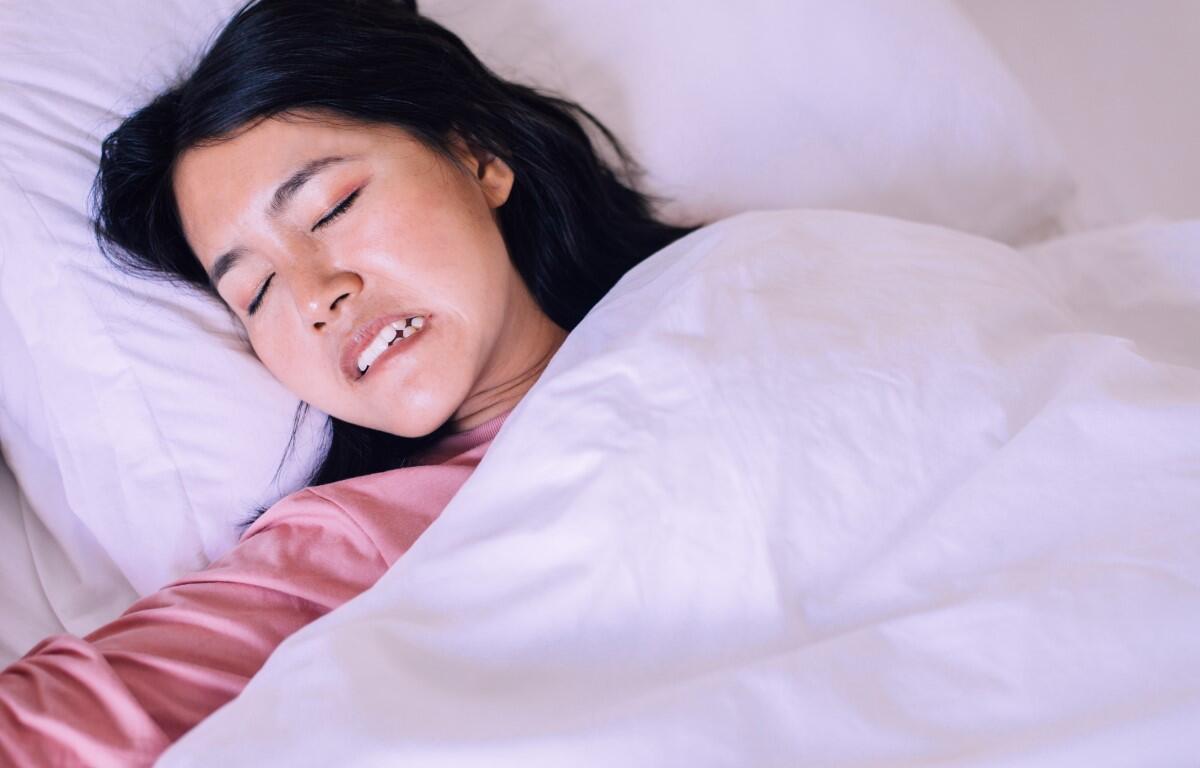Sleep disorders cause all sorts of problems, and are more common than most people realize. Dr. Jennifer J. Cornell, DDS, at Dental Sleep and TMJ Solutions of Clarksville has answers to some of the questions that come up about the conditions preventing you from getting a good night’s sleep.
Question: How can I stop grinding my teeth?
Answer: Teeth grinding, also known as bruxism, can happen during the day or night and may be caused by stress, anxiety, sleep disorders, or misaligned teeth. Managing it involves a combination of behavioral strategies, lifestyle changes, and sometimes professional treatments. One of the biggest points of counseling we use for our patients is a concept of 1% occlusion, or a catchy phrase called “Lips together, teeth apart”
“Lips together, teeth apart” is a phrase often used in speech therapy, acting, or vocal training. It refers to a posture or technique that promotes relaxation of the jaw and face muscles, proper breathing, or improved vocal quality. When you notice you are clenching your teeth together try putting your tongue in the roof of your mouth. This naturally will slightly posture your teeth. Keeping you lips together will promote the healthiest form of breathing, through your nose.
Every day use of the phrase “Lips together, teeth apart” helps relieve jaw tension or temporomandibular joint discomfort and can be used as a reminder for maintaining relaxed posture during stressful situation. If you find this to be a real struggle after several weeks there might be other issues at play and it is time to visit a health care professional.
Other options to consider if you are a chronic clencher would be:
Manage Stress and Anxiety
- Relaxation Techniques: Practice deep breathing, meditation, or yoga to reduce stress.
- Counseling or Therapy: Cognitive behavioral therapy (CBT) can address anxiety or stress triggers.
- Relax Before Bed: Take a warm bath, read, or listen to calming music to signal your body to relax.
Adjust Habits
- Avoid Chewing Non-Food Items: Gum, pens, or fingernails can train your jaw muscles to clench.
- Mindful Jaw Posture: Keep your lips together, teeth apart, and jaw relaxed when not eating or speaking. Remind yourself throughout the day if needed.
- Limit Stimulants: Reduce caffeine and alcohol, especially in the evening, as they can exacerbate bruxism.
Treat Underlying Issues
- Dental Checkup: A dentist can assess if misalignment or other dental issues contribute to grinding.
- Sleep Disorders: If bruxism happens at night, conditions like sleep apnea may need evaluation by a sleep specialist.
Relax Jaw Muscles
- Warm Compresses: Apply a warm towel to the sides of your face to relax muscles.
- Massage: Gently rub your jaw muscles and temples to release tension.
- Jaw Exercises: Ask your dentist or physical therapist for simple exercises to stretch and strengthen your jaw.
If grinding causes pain, headaches, jaw discomfort, or damaged teeth, consult a dentist or doctor. Healthcare professionals who possess additional training in the areas of TMJ or sleep disorders can dig deeper into underlying causes of this condition and offer solutions.
At Dental Sleep & TMJ Solutions of Clarksville. we have been treating sleep-related breathing disorders for close to 15 years. Dr. Cornell is recognized in dental sleep medicine by the American Board of Dental Sleep Medicine and works closely with other sleep professionals in the area to assure the patient receives the best optimal care possible. For more, visit the Dental Sleep and TMJ Solutions of Clarksville website or call 931-645-8000.


